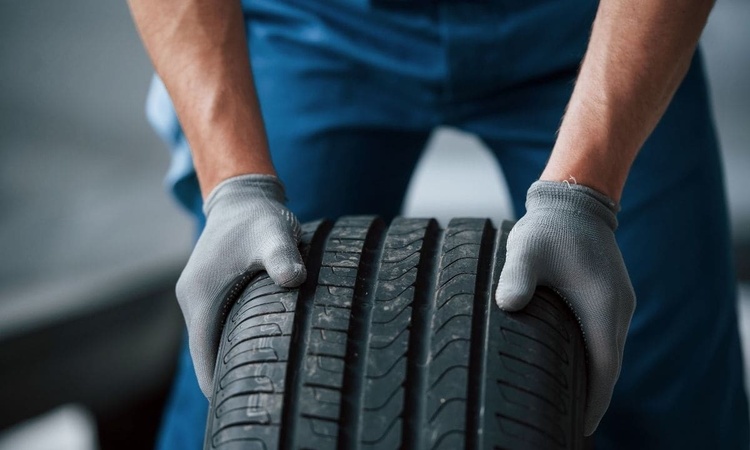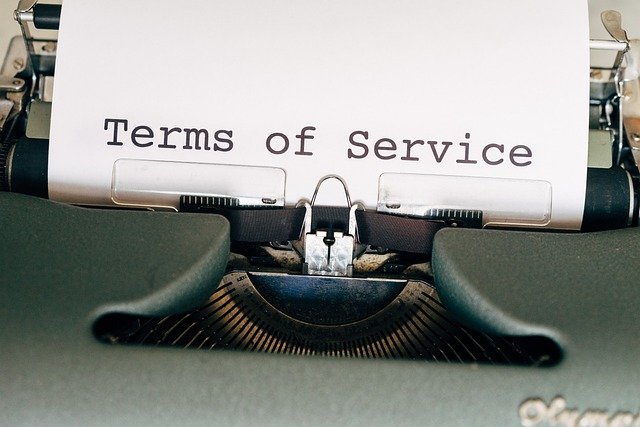How Car and Police Auctions Work for Impounded Vehicles
Many people find the idea of buying a car at auction appealing: potential savings, a wide selection of vehicles, and the thrill of bidding. Auctions bring together repossessed, impounded, trade-in, and fleet vehicles in one marketplace. Whether online or in a yard, auctions follow clear rules—buyers should research, inspect, and understand title and fee issues before bidding to avoid surprises.

car auctions: how do they work?
Car auctions typically fall into two main types: absolute (no reserve) and reserve (seller sets a minimum). Auctions can be live in a salesroom, lot, or online on specialized platforms. Vehicles are cataloged with basic details—make, model, year, mileage and sometimes damage notes—but condition disclosures vary. Bidders register, often providing an ID and a refundable deposit, and then place bids in rounds until the highest bid wins. After winning, buyers complete paperwork, pay required fees, and arrange vehicle pickup. Understanding auction rules and registration requirements is essential for a successful purchase.
Who can buy a vehicle at auction?
Eligibility depends on the auction house and the vehicle’s status. Public auctions accept individual buyers and dealers; dealer-only auctions require a dealer license. Some government or police auctions are open to the public but may have age and ID requirements. If a vehicle has outstanding liens or tax holds, the auction listing should disclose that but local laws determine whether title transfers are straightforward. Prospective buyers should confirm whether they need pre-approval, a buyer number, or a credit check before participating. Always verify accepted payment methods—many auctions require cashier’s checks, wire transfers, or online payment immediately after purchase.
How are impounded cars handled at auction?
Impounded vehicles come from traffic violations, abandoned cars, or local enforcement actions. Municipalities typically store impounded vehicles and then schedule them for public auction after administrative processes—notifications, lien periods, and storage fee accrual—are completed. Listings for impounded cars often focus on recovery of costs rather than market value, and titles may be branded (salvage, rebuilt) depending on damage and history. Buyers should inspect records, request vehicle identification number (VIN) checks, and ask about any unpaid fines or storage liens that could affect ownership after sale.
What role do police auctions play?
Police auctions are a subset of government sales and can include impounded vehicles, recovered stolen cars, or property seized during investigations. These auctions usually aim to clear inventory and recover costs; they are governed by public agency rules that vary by jurisdiction. Police-run auctions often post lists online with minimal condition details and require buyers to accept vehicles “as-is.” Titles might be clean, branded, or held until legal claims are resolved. Because items may have complex histories, it’s important to examine available paperwork and, if possible, obtain a vehicle history report to understand prior incidents, theft recovery status, or lien records.
Tips for bidding at a car auction
Start by researching the vehicle: run the VIN through a vehicle history service, check market values, and inspect in person if allowed. Set a maximum bid and stick to it—auctions can become emotional. Factor in additional costs like buyer’s premiums, transport, repair, registration, and possible unpaid liens or towing fees. If the auction is online, verify the platform’s fees, payment deadlines, and pickup windows. For impounded or police auctions, request any available police or impound records. Consider bringing a mechanic or arranging a professional inspection when possible. Finally, read the auction terms carefully so you understand refund and dispute procedures.
Conclusion
Auctions—whether for dealer trade-ins, impounded cars, or police-seized vehicles—offer a unique route to purchasing a vehicle. Success depends on preparation: research the VIN and vehicle history, understand the auction’s rules and fees, verify title status, and plan for transport and any repairs. With clear expectations and cautious bidding, auctions can be a practical way to find a vehicle, but buyers should always account for the as-is nature and administrative complexities common in impounded and police auctions.






